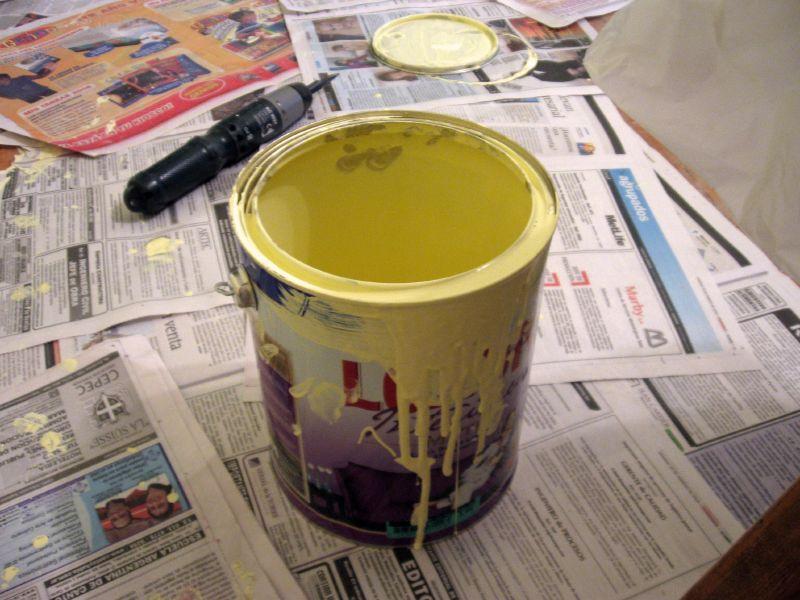
Amid criticism Gov. Christie has been diverting money away from lead abatement, the governor announced Tuesday that his staff has identified an additional $10 million from this year's budget to prevent lead poisoning from paint in old homes.
“That’s the major problem that we have regarding lead in New Jersey,” Christie said at a news conference in Trenton. “The outdated lead-based paint in our old housing stock, not water sources.”
The governor said the additional resources will nearly double lead abatement efforts, and go to low-and-moderate-income households.
Each year, $10 million collected from the sales tax on cans of paint sold in the state is supposed to go toward the Lead Hazard Control Assistance Fund. Advocates have argued it hasn’t under Christie. But Christie said it has.
“This year we’ve spent $10.7 million of state funds already,” he said. That includes money from the Department of Community Affairs (DCA) and the Department of Health because Christie said there’s no way to know how much paint is sold each year to count on it as a tax revenue stream.
“The whole idea of this tax per can of paint was an illusion,” Christie said. “It was a way to set a benchmark for how much they wanted spent.”
But New Jersey Citizen Action issued a statement that said the money hasn’t been funding everything it’s supposed to.
“While Governor Christie claimed that the State already spends over $10 million every year in lead programs, he was referencing DCA inspections of multiple dwelling rental units and public health blood testing in children,” the statement said. “No funding for abatement programs and emergency relocation funding, which was included in the Lead Hazard Control Assistance Program, has been appropriated since Christie took office in 2009. And according to a law passed in 2008, DCA should be inspecting single and two family rental units for lead, but the inspections have not been taking place.”
At the news conference, Christie also cautioned lawmakers to think carefully about requiring New Jersey schools to test their drinking water for lead.
There are 4,000 schools in New Jersey, and if the state mandates lead testing, Christie said the state has to pay for it. That's a constitutional provision.
"The question of whether we really want the state to be responsible for testing every faucet in every school in the entire state I think is a question worthy of debate and discussion and not jumping to conclusions," he said.
The remarks come after the Newark school district found elevated lead levels in the drinking water at more than half of its schools last month.
